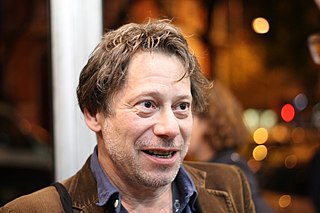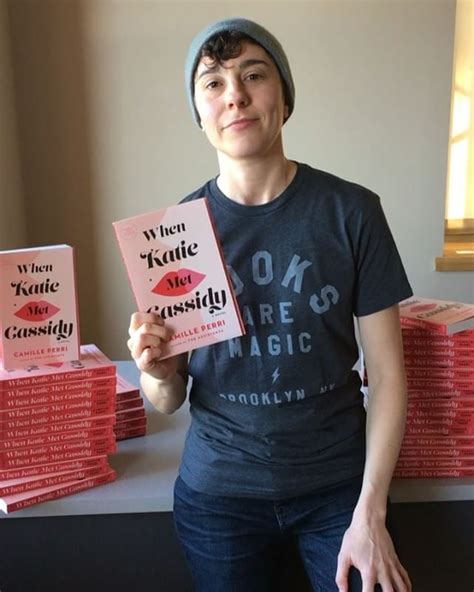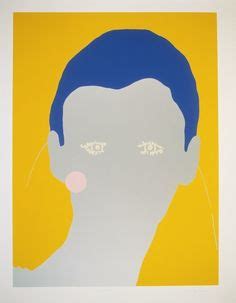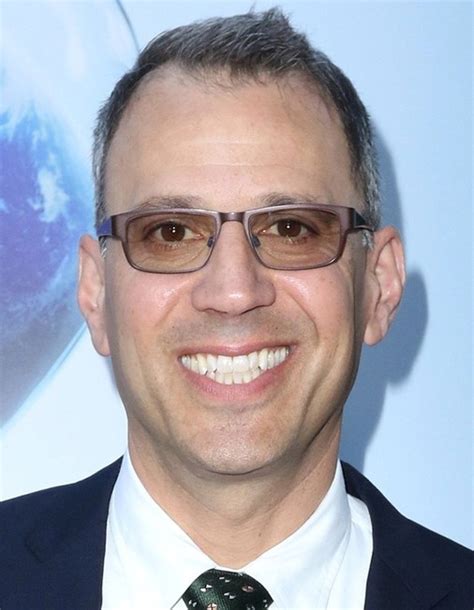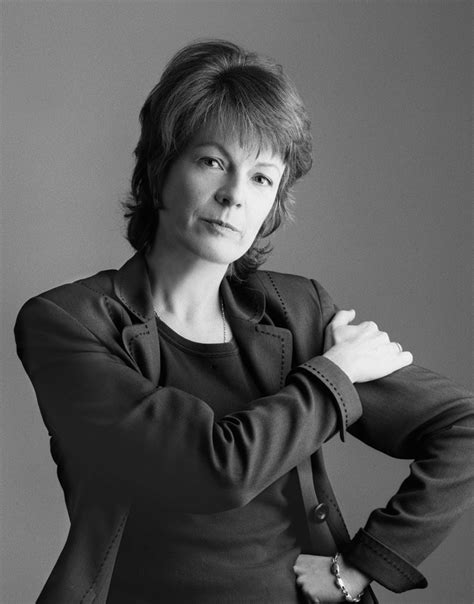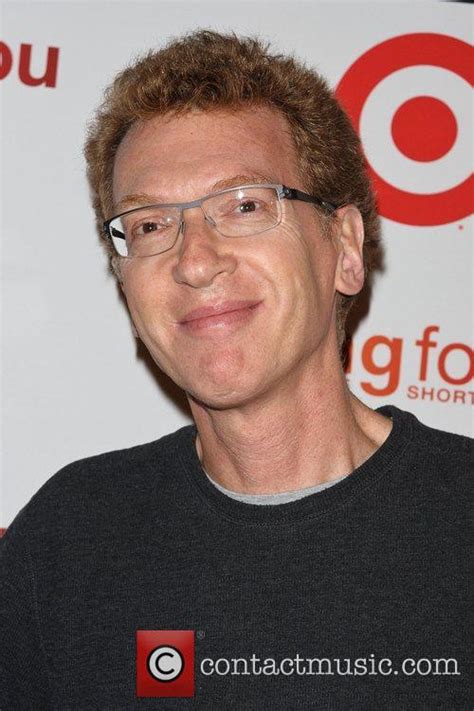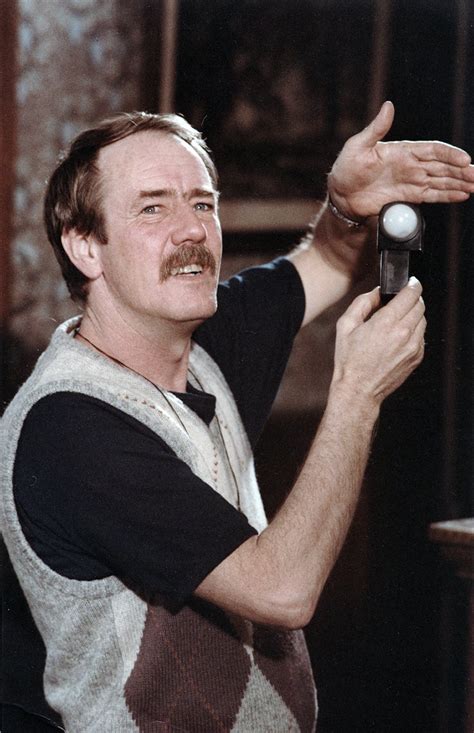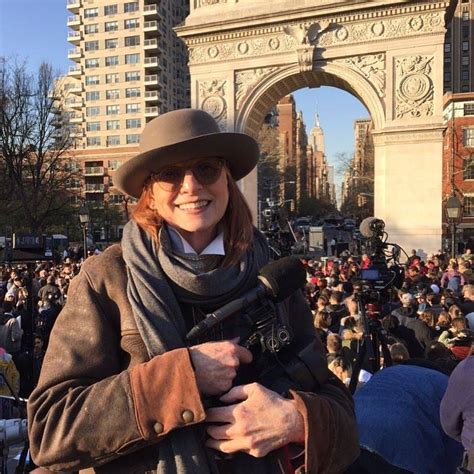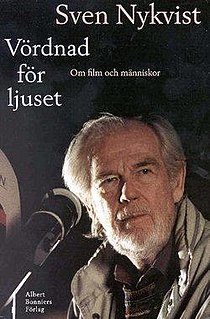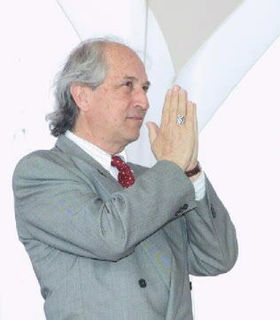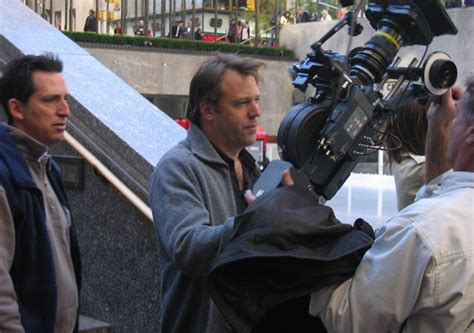A Quote by Babette Mangolte
1968 in Paris renewed my options. There was suddenly a desire of inventing new things, and I while I was working as an editor, the assistant editor thought I had a gift, and when he shot his own film, he hired me as his assistant camera, and I trained myself to do the light for him.
Related Quotes
In terms of my career, it began in earnest when I was living in Boston. I started doing my own films, working initially as an editor and editing assistant - briefly - at WGBH, as an editor on other people's movies, trying to get some experience under my belt, but eventually just doing my own short films, doing them my way.
I was the assistant to the editor-in-chief of 'Esquire Magazine.' And my experience as an assistant was really best case scenario. My boss was absolutely the greatest boss I could have asked for. But I think there's something universal about being an assistant, regardless of whether or not your boss is the greatest or a complete terror.
I worked as an assistant editor, actually, for a few years. That was right when I was just starting to get out at night and do a lot of stand-up, improv, and sketch work in New York. It really is invaluable. I think it pounded into me an awareness of what an editor wants and needs, in terms of clarity of a moment, where and when to start and stop a line.
I'd trained to be a diplomat but the state department said I was too liberal. I saw an ad in the New York Times ... a hack Californian editor came to New York to butcher some films and he needed an assistant. For some reason I read it that day and it changed my life. I went to work for him and he was horrible, butchering these masterpieces by Antonioni, Visconti, but I learned enough to know what he was doing wrong.
That is an editor. He is trying to think of a word. He props his feet on a chair, which is the editor's way; then he can think better. I do not care much for this one; his ears are not alike; still, editor suggests the sound of Edward, and he will do. I could make him better if I had a model, but I made this one from memory. But is no particular matter; they all look alike, anyway. They are conceited and troublesome, and don't pay enough.
Martin Scorsese was one of the few who had not been an assistant. Most of the guys had been an assistant and worked their way up. But I had seen an underground picture he had made in New York, a black-and-white film. I had done a picture for American International, about a Southern woman bandit, the Ma Barker story, and it was very successful, and I had left to start my own company, and they wanted me to make another one.
I proceeded to prove everybody right as to how bad an economics student I was by failing as an assistant manager in every theatre I went to that hired me, both as an assistant manager and as an actor. I lost money and tickets, and I couldn't keep track of anything. So eventually they fired me from assistant-manager jobs, but kept me on as an actor.



